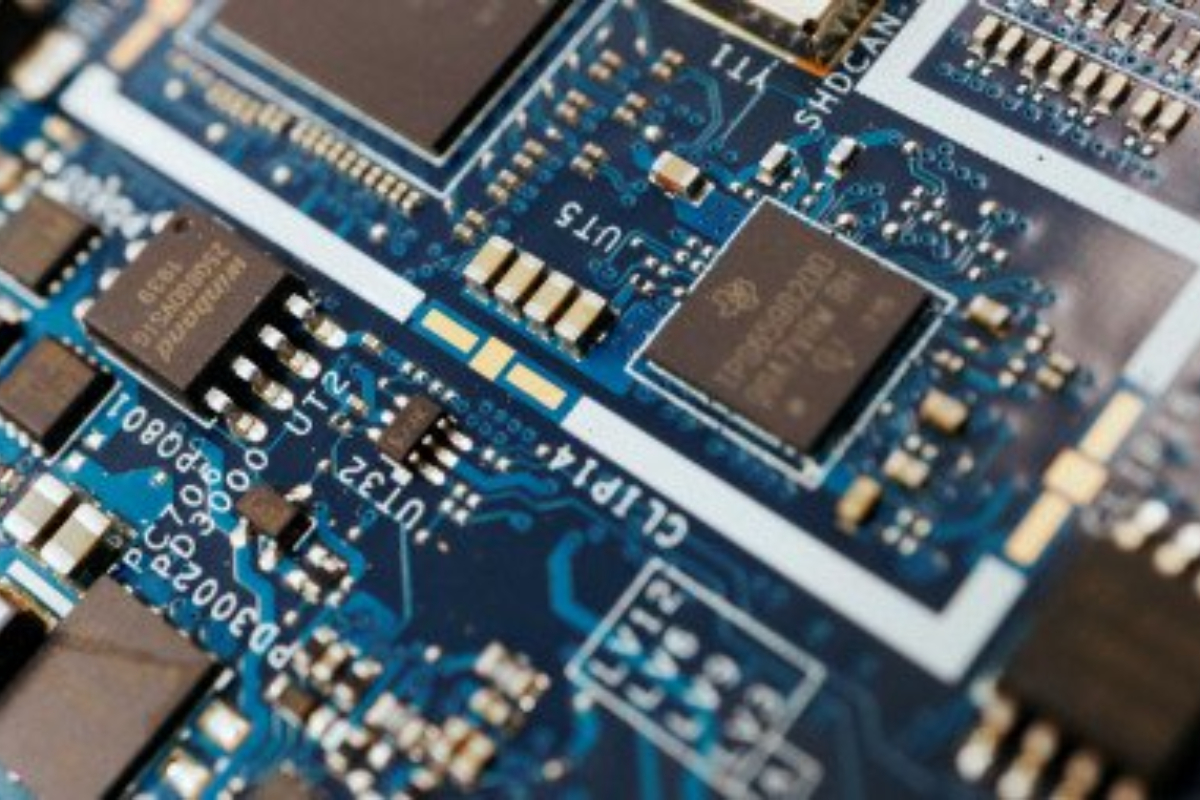- The U.S. Senate voted to advance a scaled-back version of legislation that would give the semiconductor industry billions of dollars
- By a vote of 64 to 34, the Senate approved a procedural motion that cleared the way for possible votes to pass the bill in the Senate and House of Representatives by the end of the following week.
- The law is a component of a larger government initiative to counter China’s rise and resolve supply-chain issues, in this case by reducing the reliance of American businesses on foreign semiconductor manufacturers.
The U.S. Senate voted to advance a scaled-back version of legislation that would give the semiconductor industry billions of dollars in subsidies and tax credits in an effort to ease a shortage that has hampered production in a variety of sectors, including high-tech weapons, electronics, and automobiles.
By a vote of 64 to 34, the Senate approved a procedural motion that cleared the way for possible votes to pass the bill in the Senate and House of Representatives by the end of the following week.
The law is a component of a larger government initiative to counter China’s rise and resolve supply-chain issues, in this case by reducing the reliance of American businesses on foreign semiconductor manufacturers.
Before the procedural vote, the full wording was not made public, but according to Senate aides, the bill includes a new, four-year 25 percent tax credit as well as approximately $54 billion in subsidies for American semiconductor businesses. About $24 billion is the projected value of the tax credit.
Before departing for their yearly August recess, members of President Joe Biden’s administration lobbied Congress to enact a semiconductor bill, arguing that it would not only preserve and generate jobs for Americans but also strengthen national security.
[embedpost slug=” sri-lanka-new-president-is-elected-by-the-parliament-as-protesters-wait/“]

















